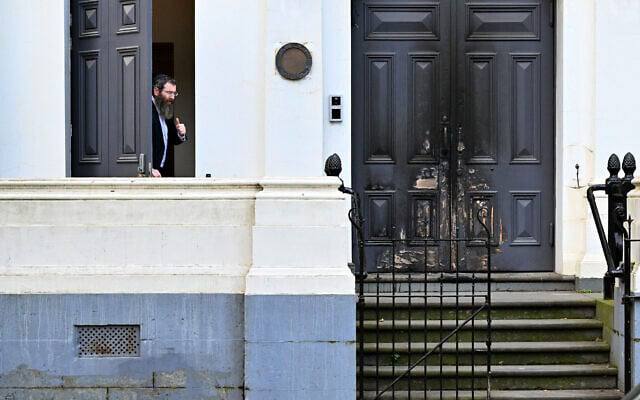MEDIA RELEASES
AIJAC expresses mixed feelings about Australian UN Voting on the Middle East
November 10, 2008
November 10, 2008
The Australia/Israel and Jewish Affairs Council (AIJAC) today welcomed the Australian Government’s commitment to maintain the principle that Australian voting on United Nations resolutions on the Middle East should be based on both an understanding of “Israel’s legitimate security concerns” and the commitment to only support resolutions which are helpful in achieving “a two-state resolution of the conflict which results in a secure Israel living beside a viable Palestinian state.” However, AIJAC also stated that changes on UN voting on two resolutions were a matter of concern.
AIJAC National Chairman Mark Leibler and Executive Director Dr. Colin Rubenstein stated, “We are very pleased to see the Government re-affirming that the main criteria for voting on UN resolutions related to the Israel-Arab conflict remains supporting only those which contribute to achieving a viable, lasting and peaceful two-state outcome in the Middle East. As the Government has noted, resolutions containing language which ‘unfairly singles out Israel’ or fail to ‘to take into account Israel’s legitimate security concerns’ do not fulfil this criteria.”
“Moreover,” they added, “we are pleased that the Government acted on these principles last Friday by continuing to oppose, for example, the Special Committee to investigate Israeli practices affecting the human rights of the Palestinian people in the Occupied Palestinian territories. This body is part of the permanent pro-Palestinian bureaucracy established within the UN whose mandate demands that they look at Israeli-Palestinian issues in a completely one-sided way, ignoring any legitimate Israeli security concerns.”
Mr. Leibler and Dr. Rubenstein further noted that the Australian Government’s continued commitment to oppose inappropriate use of a contentious and non-binding International Court of Justice decision on Israel’s security barrier was “positive and important.”
However, they said that AIJAC was “somewhat disconcerted” by Australia’s change in voting on two resolutions, one relating to settlements, and another on the applicability of the Fourth Geneva Convention. “It is not clear to us that these resolutions do in fact contribute to a two-state peace, with one of them containing some one-sided language on violence,” they said. “We look forward to further government explanations on the reasons for the change in the voting. However, despite these misgivings, AIJAC believes and expects that, on forthcoming resolutions, the Australian Government will continue Australia’s principled position of voting in a way designed to maximise peace prospects, and where necessary, to challenge the excesses and biases that have sadly cropped up with respect to the Middle East at the United Nations.”
For additional information, contact Dr. Colin Rubenstein on (03)-9681-6660 or at crubenstein@aijac.org.au.
Tags: Australasia





